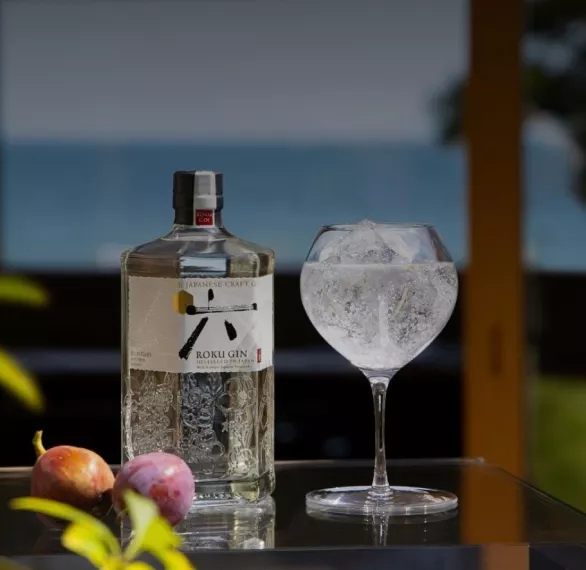

House of Suntory encourages responsible drinking. Alcohol should be consumed in moderation. By entering this website, you are agreeing to our Terms and Conditions, Privacy Policy, and Cookie Policy.
Must be legal drinking age to enter this site.
Haku: The Japanese Craft Vodka
Distilled from 100% Japanese white rice, the name Haku® translates to “brilliance” and “white”– a tribute to the dedication and ingenuity of craftsmanship that can create wonder from the simplest of ingredients. Filtered through bamboo charcoal, Haku® Vodka has an unparalleled soft, silky and smooth finish.
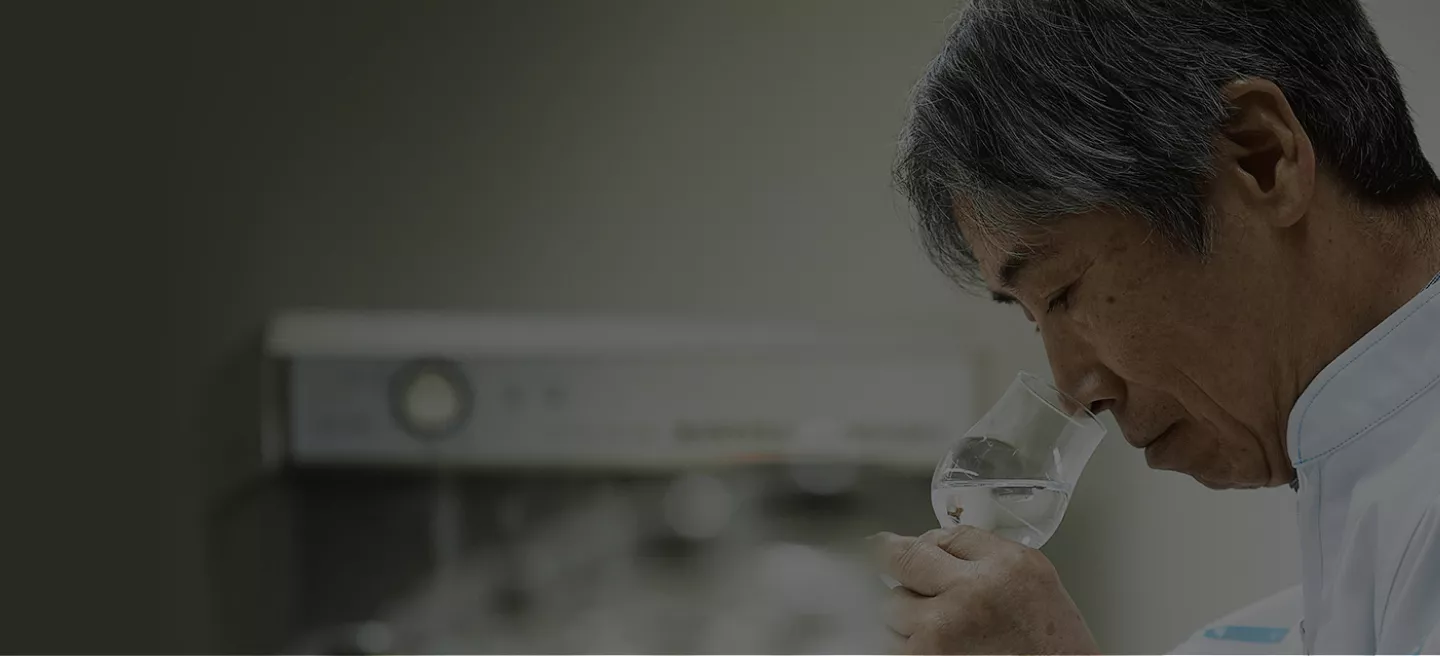
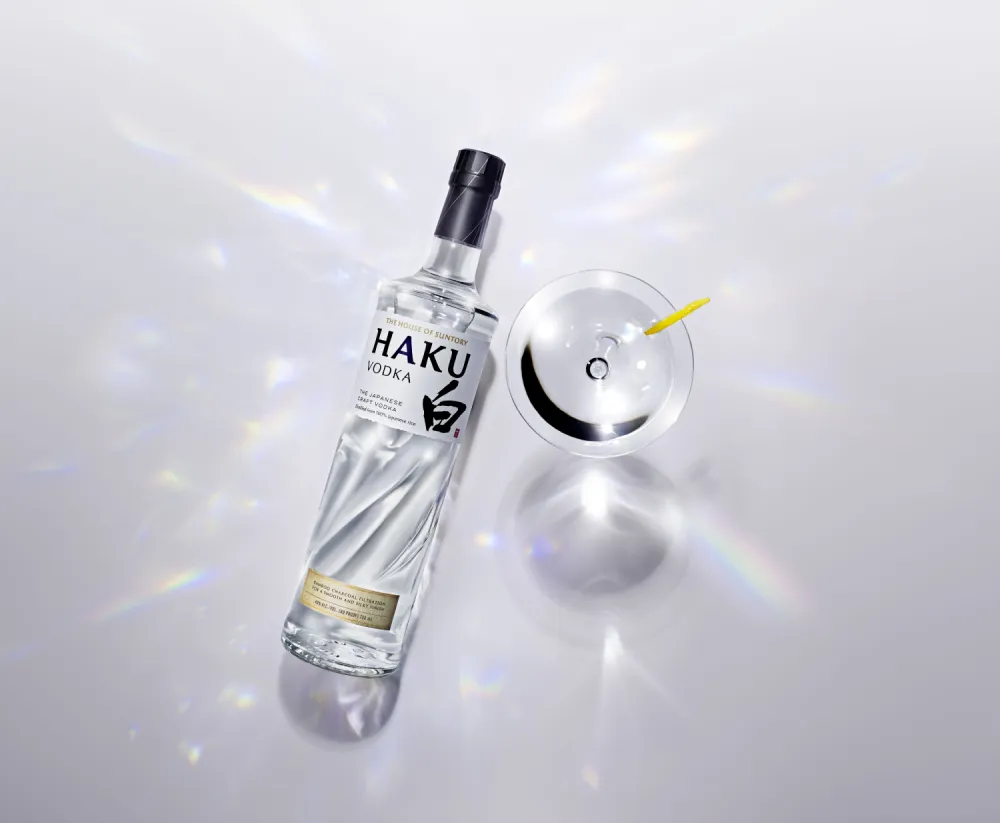
Haku Vodka
At Suntory, the artisans of the House are committed to selecting the best ingredients, and elaborating on complex and innovative making techniques to create spirits of unrivaled quality and unique Japanese character. It is the signature of the House of Suntory‘s “Monozukuri” craftsmanship. Haku is a new iteration of that philosophy, and inherits Shinjiro Torii’s vision of challenge and quest of excellence. Haku, the Japanese craft vodka.
Hakumai: 100% Pure Japanese Rice
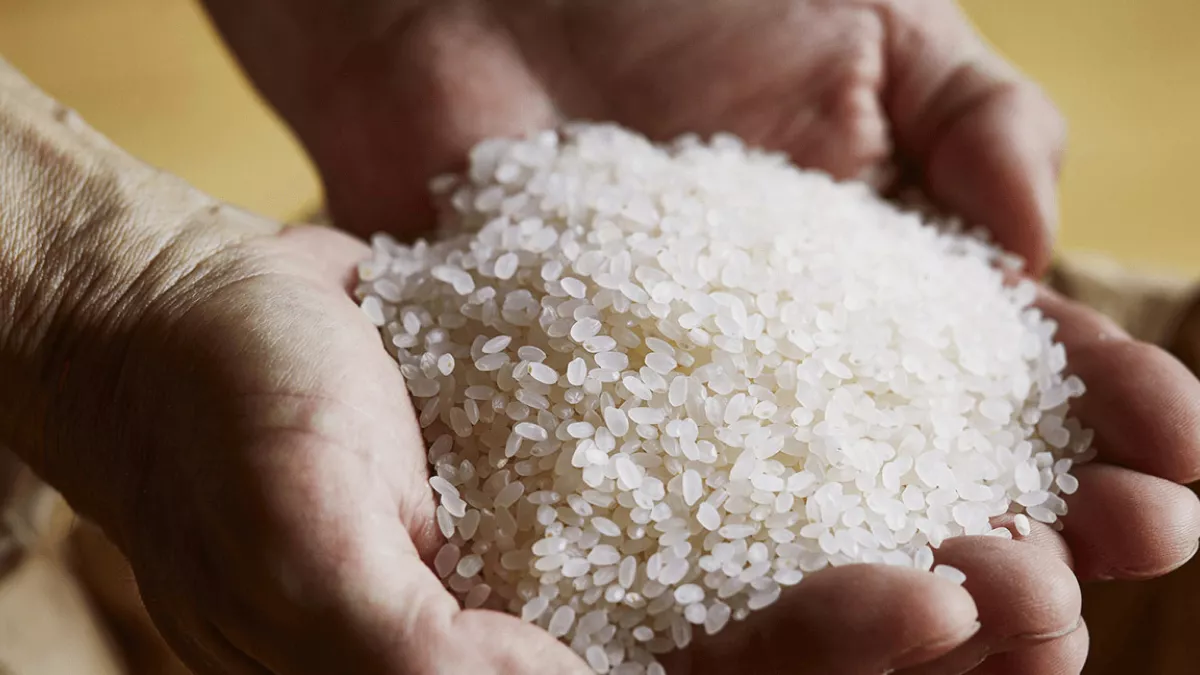
Contrary to what the West may perceive, Japanese white rice has never been considered a “staple” of a Japanese meal. To this day, pure white Japanese rice is respected as a luxury. Traditionally, white Japanese rice was always reserved for worship and for the wealthier noble classes, including the Imperial Family. Milled and polished to perfection, white rice is revered for its mild and subtly sweet flavor. Pure white Japanese rice is the ultimate symbol of Japan. It genuinely conveys Suntory’s commitment to working with the best and most authentic ingredients from Japan.
Bamboo Charcoal Filtration
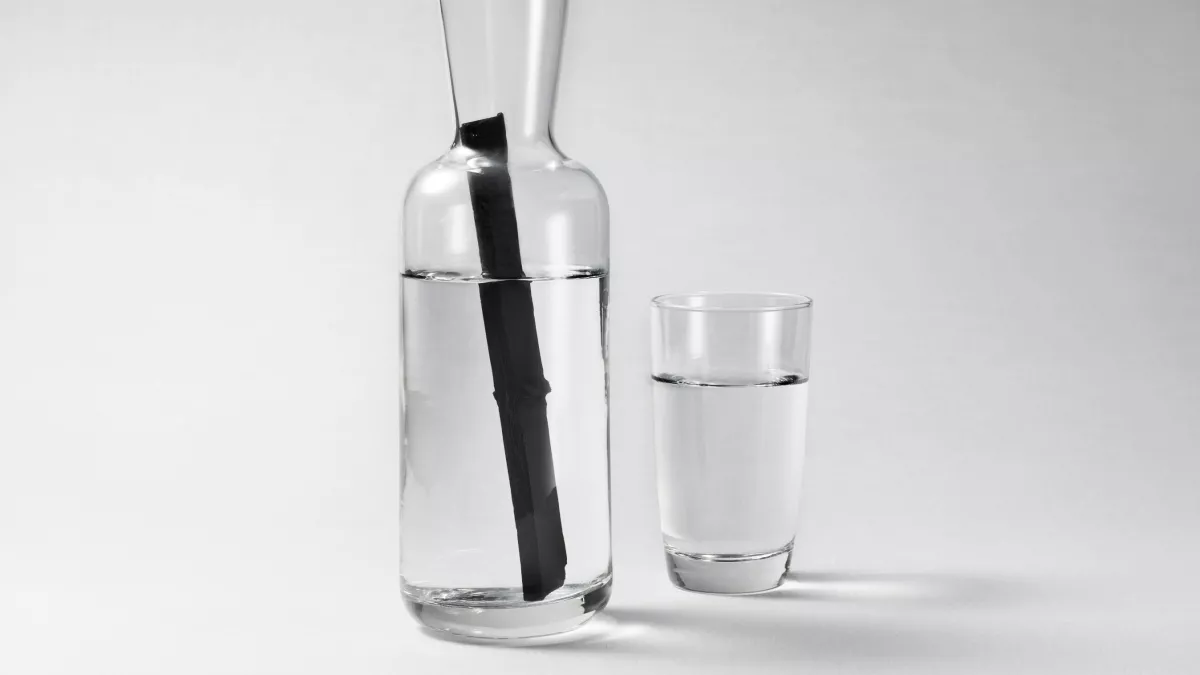
Part of the unique creation process behind Haku, the bamboo charcoal filtration is a Suntory proprietary method. Like a sponge, the charcoal absorbs most/many impurities present in the distillate, eliminating things that might detract from the taste.” We have to distinguish that it doesn't remove all of the impurities, but rather most or many and it doesn't eliminate "anything. This gives the vodka a clean and clear flavor. Moreover, the minerals from the bamboo charcoal add a remarkably smooth and mellow character. The use of bamboo charcoal for water filtration is one of the fundamentals of Japanese culture and goes back to ancient Japan where charcoal was said to “sweeten” the water for tea. It is known for its incredible filtering ability, which comes from its super-porous structure. As bamboo is a fast-growing plant, supply is abundant and sustainable in Japan.


